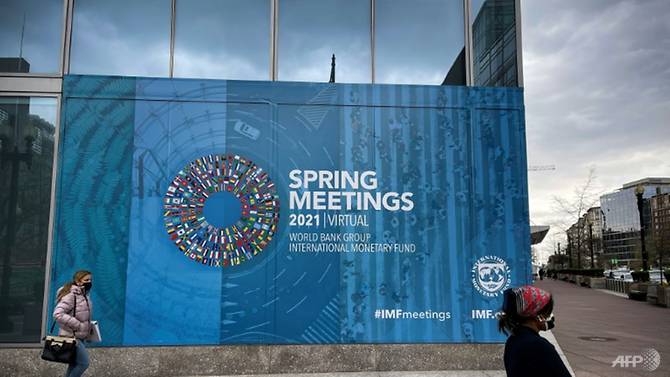Topic: IMF renews support for higher taxes to fund recovery
IMF renews support for higher taxes to fund recovery

Wealthy firms that have เจาะลึกเกม SLOTXO น่าลงทุน done well during the pandemic could pay more in taxes to finance recovery efforts, the International Monetary Fund (IMF) said on Wednesday (Apr 7), as it backs a push for governments to unify their corporate tax rates.
The renewed support for the tax reforms comes as G20 finance ministers are meeting to discuss a minimum corporate tax that would undermine the use of tax havens that drain government coffers.
"The IMF has been calling for a minimum, global corporate income tax rate as a way to interrupt the race to the bottom in corporate income taxation," said Vitor Gaspar, head of the IMF's Fiscal Affairs Department.
Gaspar spoke to reporters as he unveiled the IMF's Fiscal Monitor report which argues that higher taxes on wealthy firms and individuals, even if temporary, could finance policies needed to ensure recovery from the pandemic.
Paolo Mauro, deputy director of Fiscal Affairs Department, highlighted the option of using a "recovery contribution" or surcharge on personal or corporate incomes "given that some corporates have done very well," during the pandemic.
Stock prices worldwide, especially among tech companies, have surged throughout the pandemic, picking up speed in recent weeks to set successive new records as the global economy showed signs of a strong recovery from the downturn.
In the United States, the broad-based S&P 500 has jumped more than 50 per cent in the past year, while the tech-rich Nasdaq gained more than 73 per cent.
US President Joe Biden last week announced plans to raise corporate taxes to pay for a massive US$2 trillion infrastructure and jobs program, and Treasury Secretary Janet Yellen this week said she is pushing the G20 to adopt a global minimum tax - a proposal supported by other major economies.
The idea is to ensure companies pay a minimum amount of tax regardless of where they are located, preventing firms from evading taxes by establishing headquarters in countries with lower rates - a practice prevalent among tech companies.